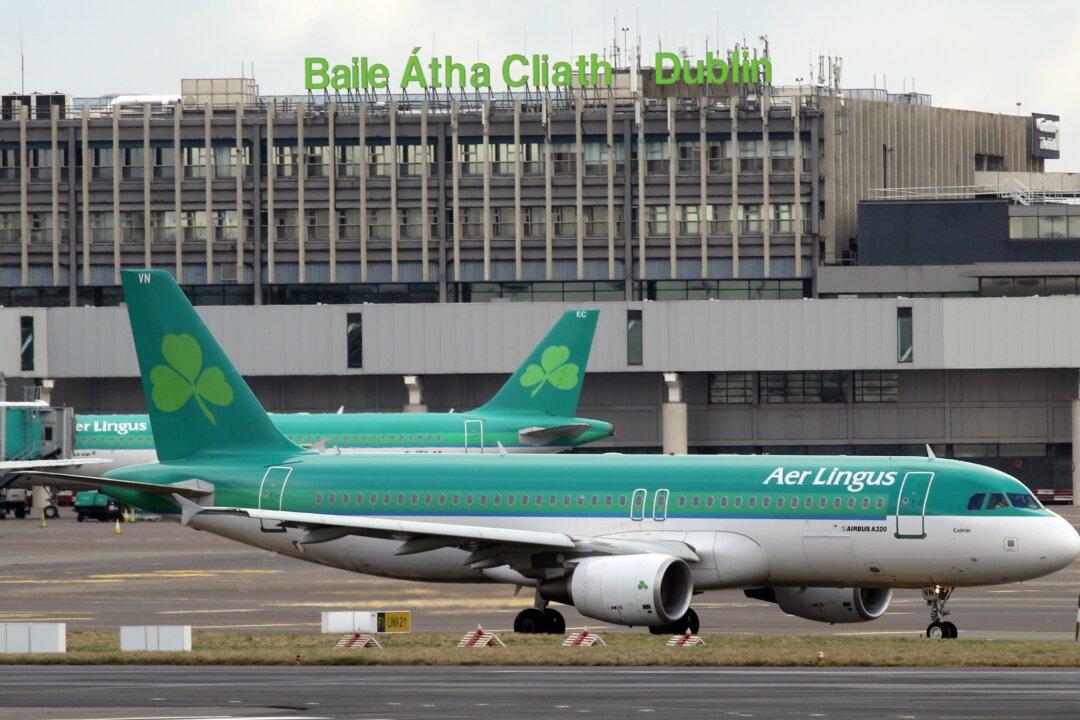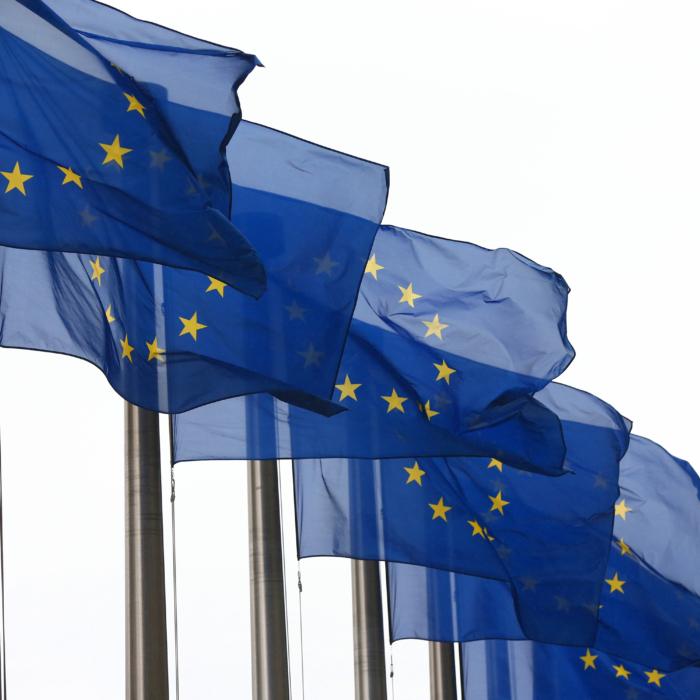The so-called golden visa scheme in Ireland was almost exclusively used by Chinese nationals who have little link to Ireland, according to an internal document released via freedom of information requests.
The Immigrant Investor Programme (IIP), also dubbed the “golden visa” scheme, was introduced in 2012 after the global financial crisis.
Foreign nationals can make investments in projects or donations for visas.
On Feb. 14, 2023, prime minister-in-waiting Simon Harris, then the minister for justice, abruptly announced that the programme would no longer accept new applications from the end of the following day.
On March 19, Right to Know published a draft memorandum for the government, which says China was the “most common State” where applicants were from, and that Chinese investments grow from 37 percent in 2012 to over 90 percent in 2022.
Elevated Risk
According to the memo, the programme was introduced to create jobs, with a view to draw upon the resources of the Irish Diaspora.However, besides a sharp increase of Chinese applicants, the type of applications had also shifted from job-creating investments in the early years (2012—2018), to more passive endowments to charities, sports clubs, and academic institutions that “are influential within this State” between 2019 and 2022.
The individuals “have, in almost all cases, no identifiable link” to Ireland other than through the scheme, and their knowledge of the scheme came from intermediary agents who advertise the scheme in China. And “due diligence on this cohort is extremely difficult for a range of reasons,” the document says.
The heavily redacted file listed the increase of passive endowment by individuals with little link to Ireland as one of the contributing factor to “significant risk elevation,” other risks that remain unredacted include lending approval to individuals or projects, and border security issues in relation to the UK and the EU.
UK Alternative
The document also suggested that the closure of the UK programme may have contributed in a spike in applications to Ireland in 2022.According to the document, in 2019, there were 443 IIP visa applicants, the number was 339 in 2020 and 258 in 2021, but in 2022, the number increased fourfolds, to 1316.
“While it is too early to evidence any link between the UK closure and the increase in applications for the IIP, it is not considered unreasonable to suggest that a link will likely emerge,” the document says.
Ireland’s golden visa has always been advertised as an attractive alternative to the UK’s Tier 1 Investor Visa route by agents and on Chinese media outlets because of its simpler application process and easy access to both the UK and mainland Europe with an Irish passport.
Another major selling point is that an applicant is only required to stay in Ireland for one day a year.
Shortly after the UK’s golden visa was shut down, agents have urged potential clients “not to miss the boat again” by turning their eyes on Ireland.







